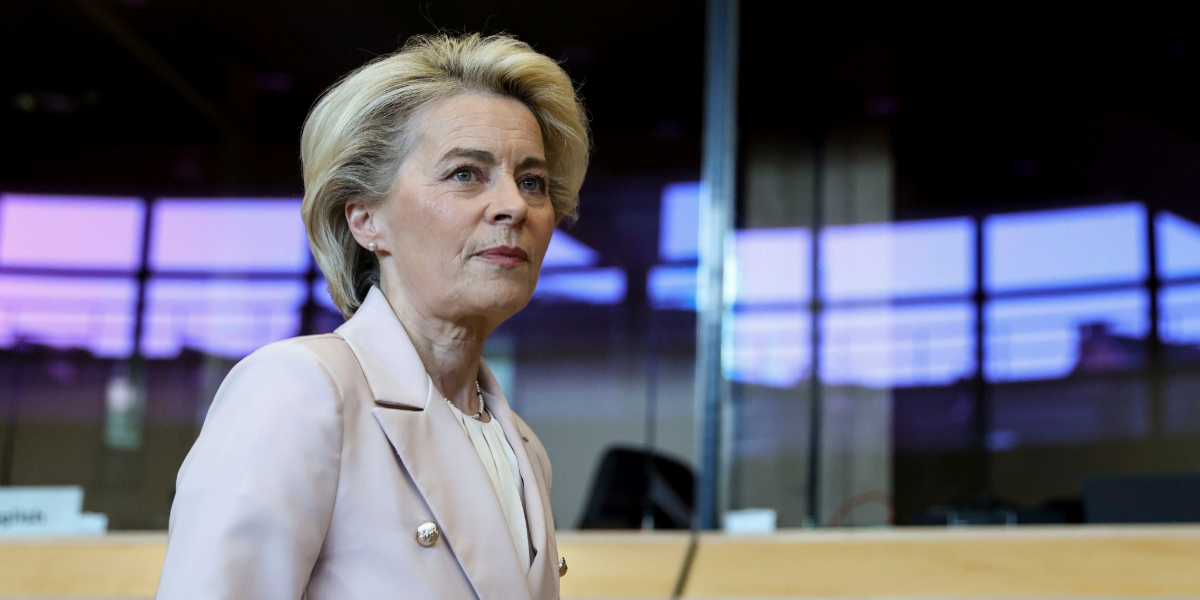Minneapolis police department engaged in racism
A state investigation has discovered that police in the US city of...

After the Kremlin shut off gas supplies to Bulgaria and Poland, the European Union told Russia that it would not bow to “blackmail” over its backing for Kyiv.
The warning came as UN Secretary-General Antonio Guterres arrived in Kyiv on Wednesday to meet Ukrainian President Volodymyr Zelensky after discussions with Russian President Vladimir Putin in Moscow.
On the same day, Putin issued his own threat, stating that if Western forces engage in Ukraine, they will be met with a “lightning-fast” military reaction.
“We have all the instruments for this that no one else can boast of,” Russian President Vladimir Putin told legislators, alluding to Moscow’s ballistic missiles and nuclear weapons.
“We won’t brag about it; we’ll put them to good use if necessary. And I want everyone to be aware of this “he stated “On this, we’ve already made all the decisions.”
Moscow claimed to have launched out a missile attack in southern Ukraine to destroy a “big consignment” of Western-supplied weaponry, prompting the ominous warnings.
Kyiv acknowledged that Russian forces had made progress in the east as the war, which has already claimed hundreds of lives, reached its third month.
Russia’s military effort resulted in the seizure of a number of settlements in the Donbas area, which is now the target of its invasion.
Moscow also shut off gas supplies to Bulgaria and Poland, two EU and NATO countries who support Ukraine in the crisis, as part of its economic confrontation with the West.
However, European Commission President Ursula von der Leyen stated that Poland and Bulgaria are currently getting gas from their EU neighbours.
She called Russia’s state-owned oil company Gazprom’s declaration “another provocation from the Kremlin.”
“It’s no surprise that the Kremlin tries to blackmail us with fossil fuels… Our response will be swift, comprehensive, and well-coordinated.
“Both Poland and Bulgaria now get gas from their EU neighbours,” she explained. “In Europe, the age of Russian fossil fuels will come to an end.”
Energy ministers from around the EU will gather in an unusual session on Monday to assess the issue, according to EU authorities.
Since Putin’s decision to attack his neighbour, European nations have slapped harsh sanctions on Russia, while also providing weaponry to Ukraine’s defenders.
However, they have been reluctant to hurt Moscow’s massive exports, owing to the fact that many EU countries, including industrial powerhouse Germany, rely on Russian energy to keep their lights on.
Putin has sought to increase the pressure by mandating that all gas payments be made in rubles, in the hopes of forcing his adversaries to support his currency.
Gazprom said it will stop supplying gas to Poland and Bulgaria, both of which are heavily reliant on it, since the two EU nations had not paid in rubles.
However, von der Leyen said that “about 97 percent” of all EU contracts require payment in euros or dollars, and urged imported companies against doing so.
She told reporters, “This would be a violation of the sanctions.”
Meanwhile, the European Commission attempted to provide economic help to Kyiv by recommending a suspension of import tariffs on Ukrainian goods, albeit the measure still has to be accepted by the bloc’s 27 members in a vote.
President Zelensky praised the proposal, claiming that Russia was attempting to “provoke a worldwide pricing crisis” and create “chaos” in the global food market.
According to an IMF assessment released on Wednesday, the conflict has had a “significant” impact on the Middle East and North Africa, with the crisis hitting low-income nations hard as food and gasoline prices rise.
Catch all the Business News, Breaking News Event and Latest News Updates on The BOL News
Download The BOL News App to get the Daily News Update & Live News.